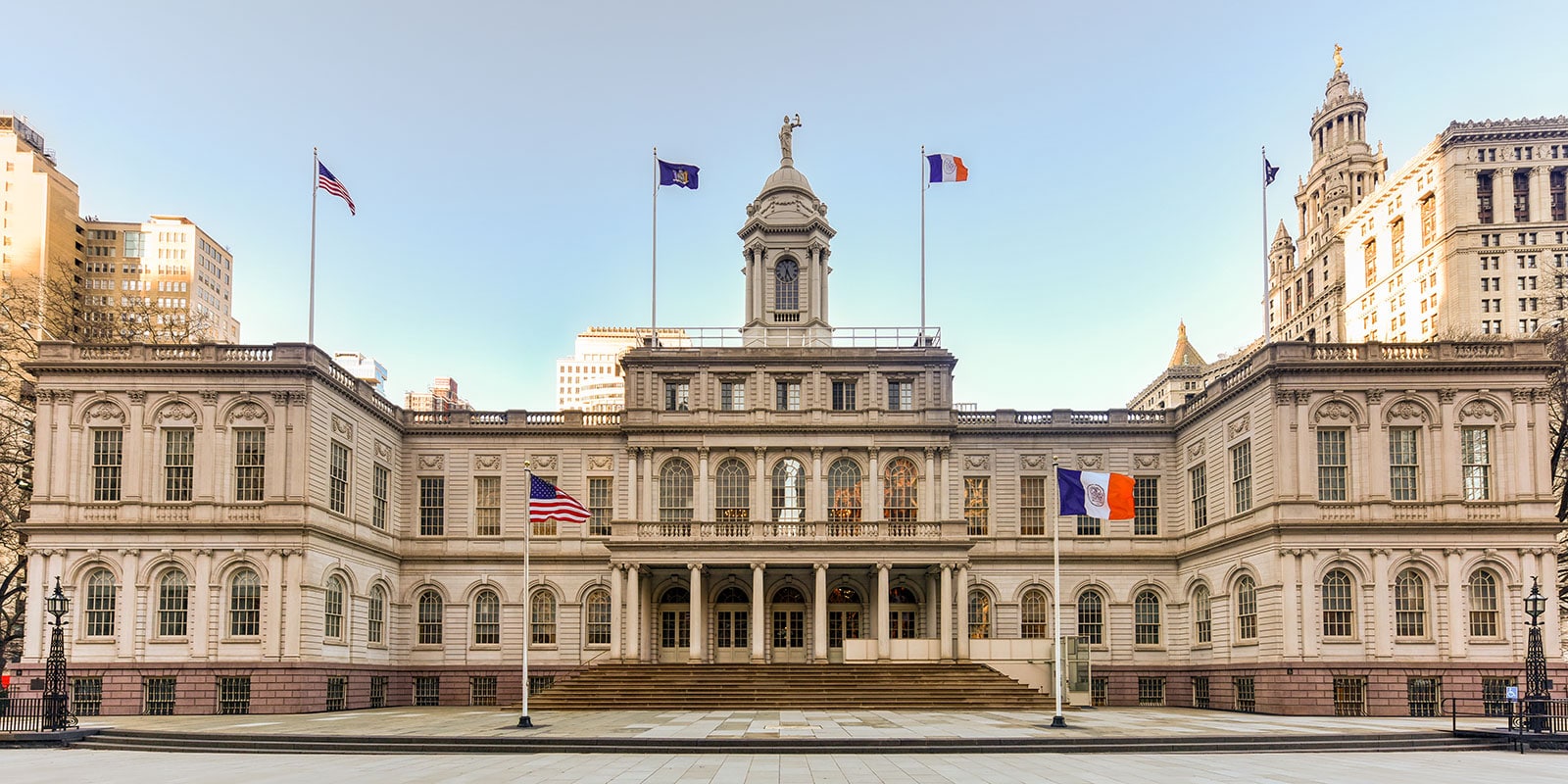On October 8, the New York City government, the Department of Education, and NYC Health + Hospitals jointly filed a 327-page complaint in the U.S. District Court for the Southern District of New York, accusing major social media companies—including Meta Platforms, Inc. (parent of Facebook and Instagram), Snap Inc. (Snapchat), ByteDance Ltd. (TikTok), and Alphabet Inc. (YouTube/Google)—of causing serious harm to minors’ health and the city’s public education system.
The lawsuit argues that the design and operation of these platforms constitute a public nuisance. Their products and services allegedly encourage underage users to become addicted, imposing substantial burdens on schools, hospitals, and public services. According to the complaint, minors’ widespread use of these platforms correlates with rising school absenteeism, mental health crisis calls, psychiatric hospitalizations, and severe sleep deprivation, much of which is attributed to mechanisms deliberately designed by the companies.
The complaint outlines three core allegations. First, social media companies “deliberately encourage minors to use their platforms,” extending engagement time and increasing interactions to maximize advertising revenue. The complaint claims that companies such as Meta and Snap optimize user interfaces, notifications, interactive features, and recommendation algorithms to keep minors on their platforms for as long as possible.
Second, these mechanisms have caused serious psychological and behavioral consequences. The complaint highlights sleep deprivation, lower school attendance, disrupted learning environments, risky behaviors such as “subway surfing,” and even deaths linked to social media-driven challenges or imitation. In some cases, fatalities are alleged to be directly tied to viral content promoted on these platforms.
Third, the platforms knowingly exposed minors to harm while failing to implement adequate protections or effective age-verification measures. Internal company documents reportedly discuss strategies to increase “teen user stickiness” while failing to adequately enforce age verification, opt-out mechanisms, or safety notifications.
The lawsuit further notes that the city has expended substantial resources to address the resulting public education and public health crisis. Schools have increased mental health counseling, hospitals have expanded adolescent psychiatric services, the Department of Education has implemented digital citizenship courses, and parents and teachers have received training. The plaintiffs argue that these costs are a direct result of the platforms’ design choices and should be borne collectively by the defendants.
This case is part of a broader wave of nationwide lawsuits against social media companies. New York City chose to file in federal court, while thousands of related cases are being consolidated across the country. The complaint requests that the court hold the companies jointly and individually liable, order them to stop actions causing the public nuisance, and require compensation along with ongoing monitoring and mitigation obligations.
The companies involved have not provided detailed public responses. Google has reportedly denied that YouTube qualifies as a “social platform,” seeking to limit its exposure. Analysts suggest that a landmark ruling could force social media companies to make substantial adjustments in product design, algorithmic recommendations, age restrictions, safety tools, and parental oversight mechanisms.
Beyond the courtroom, the lawsuit raises broader societal concerns about the digital environment in which minors grow up. Educators note that students frequently access social media during breaks, after school, and even during class, placing increasing pressure on school resources to address mental health issues, online addiction, and behavioral problems.
The lawsuit introduces the concept of “platform design liability,” shifting scrutiny from user-generated content to whether social media companies’ product architecture, recommendation systems, and business models pose systemic risks to minors. If successful, it could set a significant precedent for child protection, product compliance, and regulatory policy in the social media industry.
The case is still in its early stages. Its ultimate outcome, potential damages, and impact on the industry remain uncertain. Nevertheless, it has already drawn attention from policymakers, educators, and researchers, highlighting the intersection of technology, mental health, and public responsibility.
The full 327-page complaint (Case No. 1:25-cv-08332) filed by the New York City Law Department can be accessed here: https://courthousenews.com/wp-content/uploads/2025/10/nyc-meta-lawsuit-southern-district-new-york.pdf


